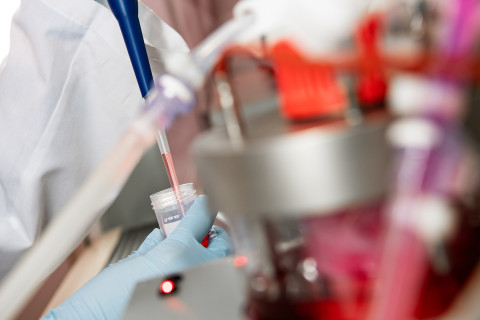The University of Eastern Finland is participating in the newly launched European Rare Diseases Research Alliance (ERDERA) led by the French research institute INSERM, which has received funding from the Horizon Europe programme. Professor Seppo Ylä-Herttuala is the principal investigator for the project at the University of Eastern Finland. In total, 170 organisations from 37 countries are involved, including universities, hospitals, companies, European research infrastructures, patient organisations, research funders and public authorities.
There are more than 7000 known rare diseases, yet the majority of these diseases still lack a therapeutic option. Together they affect a large number of people, with more than 30 million people in Europe alone affected by a rare disease. The diagnosis of rare diseases is often delayed, and half of the patients never obtain a definitive diagnosis. Through scientific research and innovation, the ERDERA project aims to promote the prevention and diagnostics of rare diseases and to develop new treatments. Cooperation will be strengthened in areas such as clinical studies, the use of research data and infrastructures, and the training of experts.
The total budget for the project, which will run until 2031, is estimated at 380 million euros, with funding from Horizon Europe totalling around 150 million euros. ERDERA will also build on previous work, including the European Joint Programme on Rare Diseases (EJP RD), and on the clinical expertise of the European Reference Networks (ERNs) for rare diseases.
The role of the University of Eastern Finland in the project is to develop viral vector-based gene transfer methods for rare cardiovascular diseases, to develop manufacturing methods and preclinical testing for gene therapy drugs, and to contribute to repairing faulty genes through gene surgery using the latest gene editing technology.
For further information, please contact:
Professor Seppo Ylä-Herttuala, https://uefconnect.uef.fi/en/person/seppo.yla-herttuala/
ERDERA press release: European Partnership Opens a New Era in Rare Disease Research



